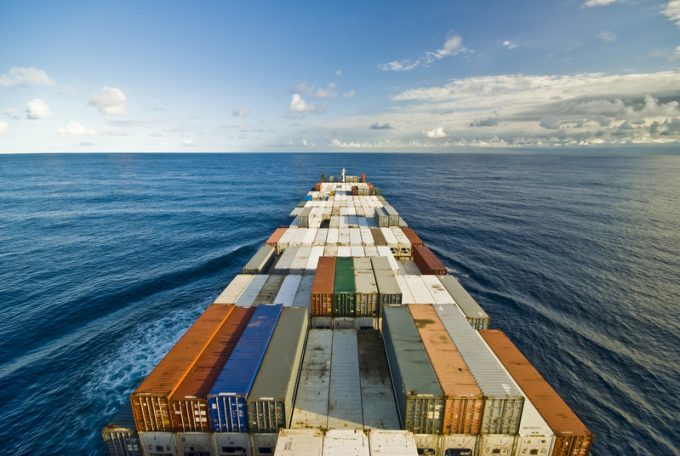Idle containership fleet grows a little – but emissions are soaring
The end of the early peak season and a truncated US east coast port strike ...

The 74th sitting of the IMO’s Marine Environment Protection Committee (MEPC) ended on Friday without agreement of any of the proposals put forward to reduce GHGs (greenhouse gas emissions) from shipping.
They included a French and Greek proposal, supported by 120 shipping companies, to impose a mandatory speed limit on shipping.
However, the IMO did agree to keep the proposal on the table as one of three to be debated further at the next GHG working group meeting scheduled for November.
The IMO ...
Volcanic disruption at Anchorage could hit transpacific airfreight operations
Shippers snap up airfreight capacity to US ahead of tariff deadline
Forwarders stay cool as US 'liberation day' tariffs threaten 'global trade war'
New price hikes may slow ocean spot rate slide – but for how long?
Tighter EU import requirements proving 'a challenge' for forwarders
Supply chain delays expected after earthquake hits Myanmar
Looming Trump tariffs will create 'a bureaucratic monster' for Customs

Comment on this article